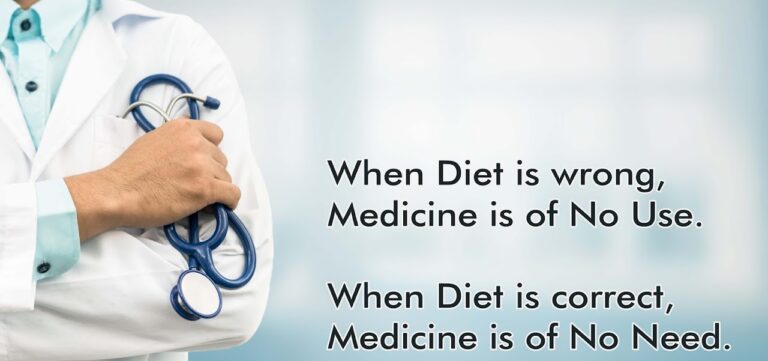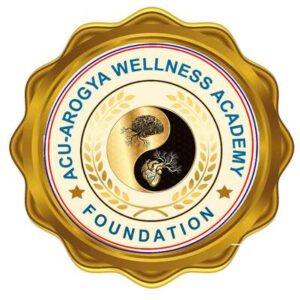FAQ
Need-to-Know Information
General Acupuncture Questions:
What is acupuncture?
Acupuncture is a key component of Traditional Chinese Medicine (TCM). It involves the insertion of very thin, sterile needles into specific points on the body to stimulate the central nervous system. This process restore the flow of energy, or “qi” (pronounced “chee”), and promote the body’s natural healing abilities. It’s used to treat a wide range of conditions, from chronic pain and headaches to anxiety and infertility.
Does acupuncture hurt?
This is the most common question people ask. The short answer is no, not typically. Acupuncture needles are extremely fine—much thinner than a standard hypodermic needle. Most people feel little to no pain upon insertion. You might feel a dull ache, a slight tingling, or a sensation of heaviness at the site, which often indicates that the treatment is working. Many people find the experience to be deeply relaxing and may even fall asleep during a session.
How does acupuncture work?
From a Western perspective, acupuncture is thought to stimulate nerves, muscles, and connective tissue. This triggers the release of the body’s natural painkillers (endorphins) and increases blood flow to promote healing. From a TCM perspective, it helps to unblock and regulate the flow of qi, which is essential for maintaining health and balance in the body.
What conditions can acupuncture treat?
Acupuncture is most well-known for treating pain, but its applications are much broader. The World Health Organization (WHO) and the National Institutes of Health (NIH) have recognized acupuncture as an effective treatment for a variety of conditions, including:
- Chronic pain (back, neck, knee, etc.)
- Headaches and migraines
- Nausea and vomiting
- Anxiety and depression
- Insomnia
- Infertility
- Digestive issues
Are there any side effects?
Acupuncture is very safe when performed by a qualified and licensed professional using sterile, single-use needles. Side effects are rare and usually mild, such as minor bruising, slight bleeding, or soreness at the needle sites. Some people may feel relaxed or even a bit lightheaded after a session, so it’s a good idea to take it easy afterward.
What are the diseases that can be cured by acupuncture treatment?
Acupuncture philosophies that all diseases are curable. There is complete scope for cure of all diseases in acupuncture treatment. Disease related to eyes, headache, cold, sinus, problems in kidneys, diseases related to heart, uterus, lungs, skin, bones, liver, gastritis,
What is the specialty of this treatment?
Acupuncture is an energy-based method of treatment. When there are changes in the energy level, diseases develops.
Let us see the initial difficulties of disease in this stage:
1. Excessive sleep
2. Frequent dreams in sleep
3. Inactiveness after waking up
4. Feeling sleep but cannot sleep
5. Difficulty sleeping again after waking up in the night
6. Headache
After getting up from sleep
7. Loss of appetite
8. Frequently hungry
9. Heavy feeling in stomach after taking food
10. Feeling to clear the bowels immediately after food
11. Drowsiness after food, etc.
These symptoms should be treated immediately; else, in 5 to 10 years it will culminate in a particular disease. The specialty about acupuncture is that, whether disease is in the initial stages or in the advanced stages, it can still be rooted out. This is the complete system of treatment. ulcer, blood, nerves, hormones, intestinal problems etc. and many other diseases whatever are, can be cured by acupuncture treatment.
What is the period for cure, for a disease, in acupuncture?
There is cure, no doubt. You will feel better after few sessions itself. It is advisable to take treatment until the condition of the body improves satisfactorily. The condition of the body of all the patients is not unique. Therefore, treatment period varies according to the condition of the individual.
Without taking tests how do we know we have cured?
It is easy. Patients experience difficulties. When problems and difficulties are reduced, they say, “Its better”. No tests are required after this. The patient’s brain can be believed cent percentage. For it will communicate only the truth. Diagnosing equipment, machines and tests cannot equal a human brain.
Can mental diseases (psychosomatic disorders) get cured in acupuncture?
Of course, there is cure. Mental diseases not related to brain. Brain, reflects the imbalance in exertion of the internal organs. Say a person with heavy appetite hears distress news. His desire to eat diminishes immediately. Stomach loses its function when the rest of the organs like the heart, lungs and kidney is still working well. So, mental difficulties like grief, worry are related to the disorder of stomach.
Similar manner, anxiety brings in chest. Sobbing brings shortness of breath. Sobbing increased by anxiety is related to the problem of lungs. Children, who are scared, discharge urine. Kidney’s under-activity is related to fear.
Alcohol damages liver. Drunkard gets anger easily. Liver’s under – activity is related to anger.
Analyzing the behavioral changes helps identify the disease center. By balancing the energy of the particular organ and restoring its function, the mental behaviors can be corrected. Mental diseases are not related to brain.
How do you analyze the condition of the disease by acupuncture diagnosis?
There are 12 vital organs in our body. They are stomach, spleen, lungs, large intestine, kidneys, urinary bladder, liver, gall bladder, heart, small intestine, pericardium and triple warmer.
The energy flow required for the function of these organs is checked, if it is available? Which organ is getting insufficient energy? What is required to balance it? We can understand all these details in seconds! Acupuncture treatment balances the energy flow and depletes the condition of the disease.
Questions about Our Academy and Courses
What are the prerequisites for admission?
Provide a detailed list of academic and professional requirements. This might include:
Minimum education level: Varies by course (e.g., high school diploma, associate’s degree, or bachelor’s degree)
Specific science courses required: Varies by course (BiPC is required for few courses)
How long do your courses take to complete?
Full-time program: Varies by course
Part-time program: Varies by course
Certification or specialized programs: Varies by course
What will I learn in your program?
Describe the curriculum in detail. Mention both the theoretical and practical aspects of the training. This is a chance to highlight what makes your program unique.
TCM Theory: The foundations of Chinese medicine, including yin-yang theory, five-element theory, and meridian systems.
Western Biomedical Sciences: Anatomy, physiology, and pathology.
Clinical Skills: Point location, needling techniques, diagnosis, and treatment planning.
Additional Therapies: Moxibustion, cupping, or Chinese herbal medicine, Naturopathy, etc. Please see our courses page for more details.
Business and Professional Practice: The skills needed to set up and run a successful practice.
What qualifications will I receive upon graduation?
Please see our courses page for more details.


